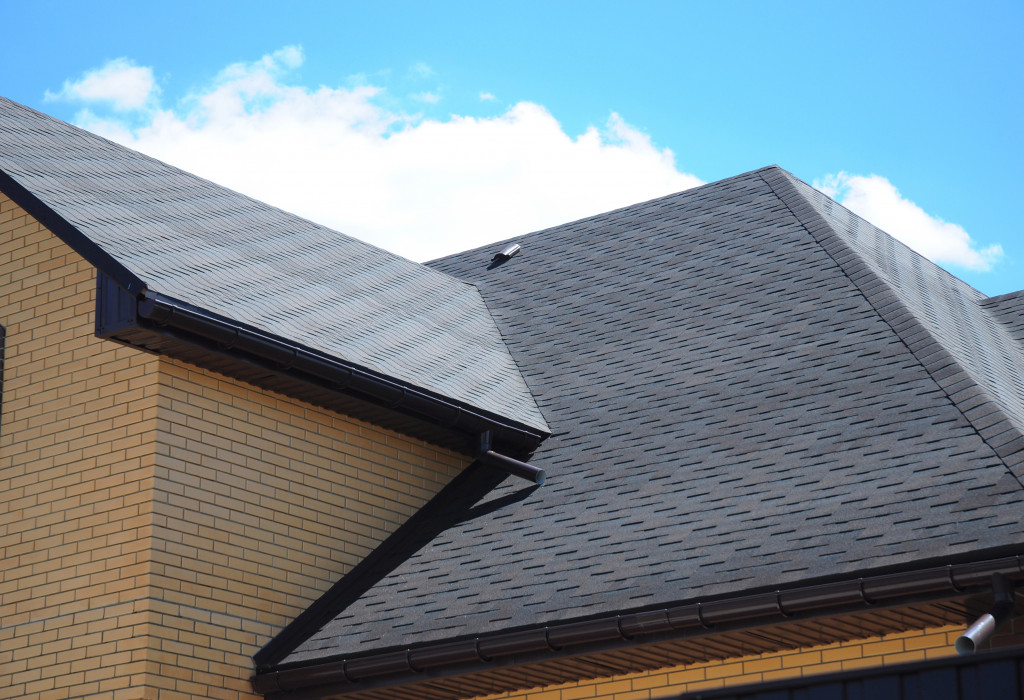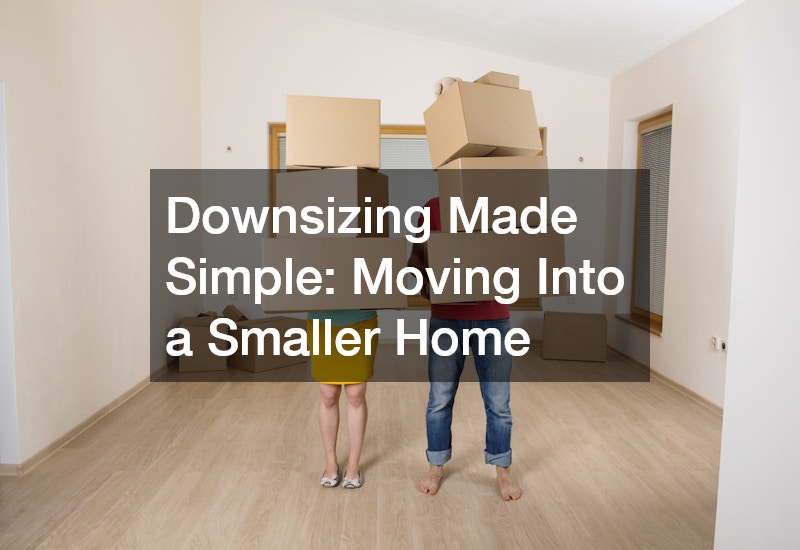Getting a home security system is exciting until you come upon all the interesting options you have. It’s easy to get carried away with the high-tech and flashy gadgets available in the market, which is the surest way to miss out on the right choice for your home. To avoid unnecessary purchases, you have to understand what home security truly is, how it works, and what your home needs to be fully secure.
So, whether you’ve just recently bought a house and land package in a gated community or you’ve been living in your home for years, you need to consider the following when getting a security system:
Assessment
The word “security” is a broad term if you really think about it. There are many things you’ll want to protect your house from, intruders and environmental elements included. Unless you have the budget and the infrastructure suitable to protect you from all forms of danger, however, it’s unlikely that you can get a system with that kind of coverage. What you’ll need to do is to assess the state of your house, the valuables stored in it, and the specific dangers you’ll want to be alerted of.
How many entry points are there? What are your house’s vulnerabilities? Are burglaries common in your neighborhood? If so, do the burglars often come through the garage, or do they break in through windows? It’s also possible that you’re defending yourself against wild animals that could enter your property and harm your pets. What natural elements in Michigan could threaten your home? A lot of homeowners are worried about fires starting while you’re away, and this is a usual concern in certain locations.
Be as specific as possible, but don’t expect that a single home security plan can protect you from all these hazards. How well it can serve you depend on many factors, and it’s good to have realistic expectations from the very beginning. Going into this purchase with the right mindset will prevent you from being overwhelmed once you’re skimming your options for security camera system installation.

The Three Kinds of Home Security Systems
The first kind is environmental monitoring systems. The core function of this system is to alert you to anomalies within your property that don’t involve humans. Think about leaks, fires, and internal flooding that could destroy your entire house. The most basic equipment involved in this kind of protection are things you’re already familiar with such as smoke detectors and sprinklers. You can also get more advanced options like smart home detectors that can alert you to possible danger from your stovetop, outlets, and other fire hazards.
Intruder detection and alert systems’ main function is to make it difficult for burglars to enter your property. It also alerts you of any attempts so that you can act accordingly. The devices for this one are more complex and need to be strategically placed in your house in order to be effective.
The last one is home automation systems that consist of similar devices from intruder detection, but the coverage and efficiency are amplified. All these gadgets installed in your house need to be connected through the internet of things (IoT) and controlled either on your laptop, smartphone, or both. The ideal security coverage will have a combination of all three.
Consider a Monitoring System
This one depends on your needs and the level of threat you feel surrounds your property. Most homeowners go for DIY monitoring, either by regularly checking through their smartphones or receiving alerts whenever any device senses suspicious activities. When you confirm that there is a threat within your house, you can call emergency services right away.
A second option is professional monitoring. A call center will receive notifications from the devices installed in your home and will contact emergency services when they confirm that it’s needed.
Decide Who Will Install the System
Again, you can DIY this part or leave it in the hands of professionals. While installing a security system yourself can work just fine, you may not be qualified to maximize the efficiency of your purchased devices. Amateur installations come with downsides, such as angling the camera towards the light so that the glare dominates the lens. Motion detectors, too, can be erroneously placed and send you plenty of false alarms throughout the day.
Professionals are better at evaluating your home and determining where these devices should be installed so that they serve their purpose well.
Make an Educated Purchase
Your home security system choice can either boost your security or compromise it. Regardless if you’re on a budget, you can always make educated purchases that will give you the protection you deserve. That said, you have to bear in mind that a security system will not make up for complacency and human error. Your best defense is good habits that establish the foundation of your home’s privacy and safety.







